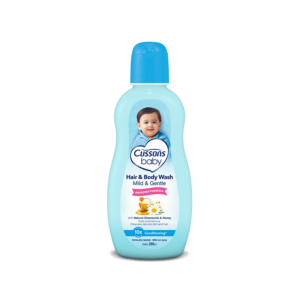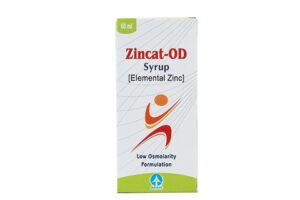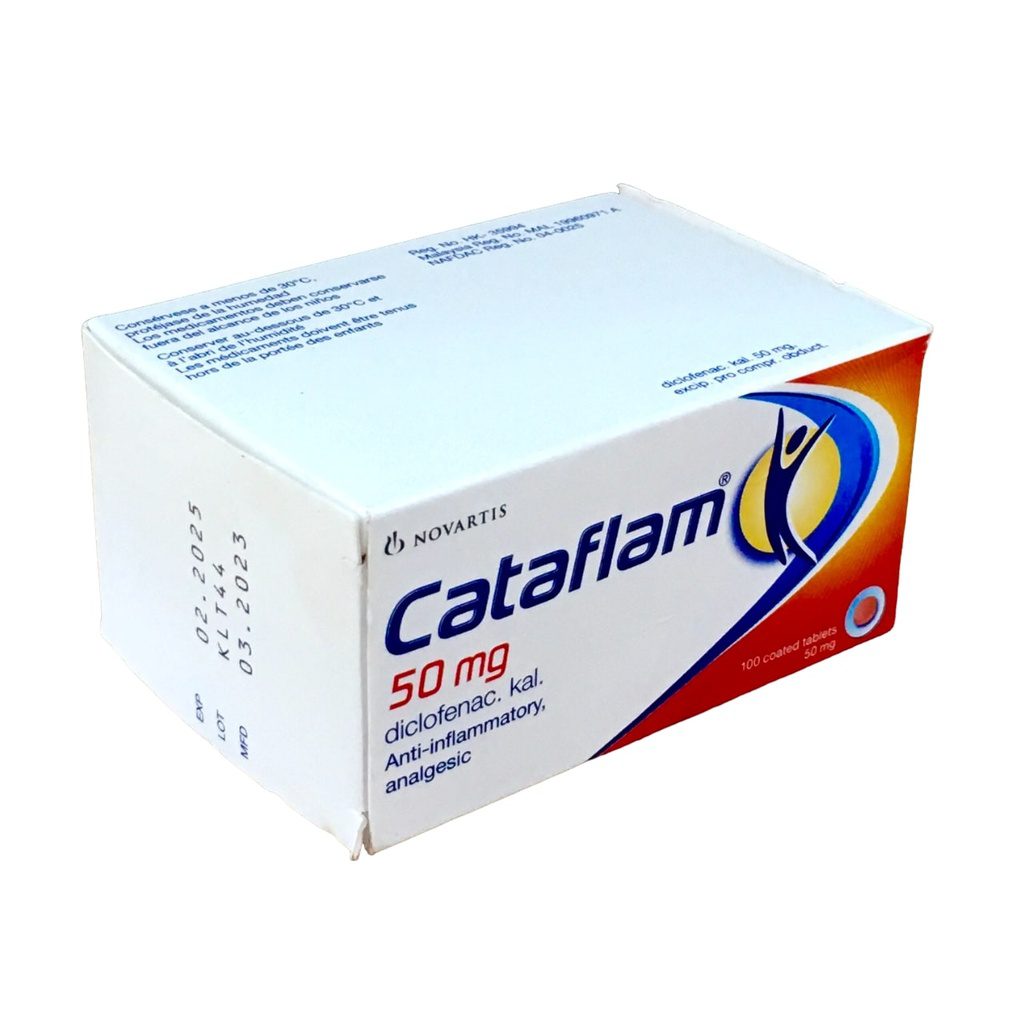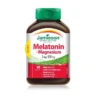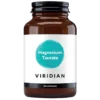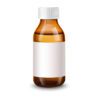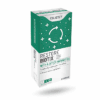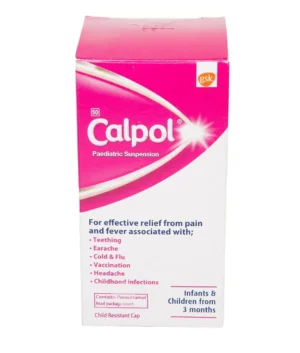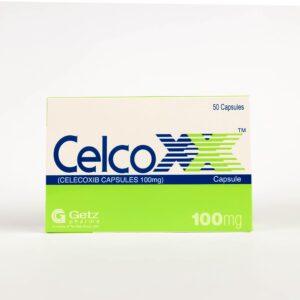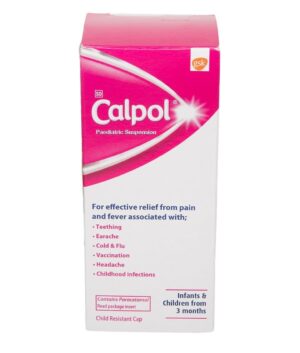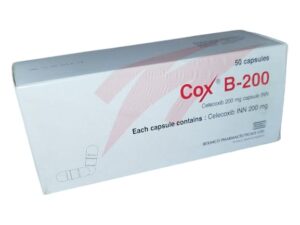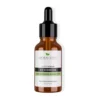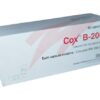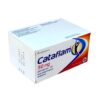Cataflam 50mg Tablets (100's) - Pain Relief for Muscle Aches, Back Pain, Menstrual Cramps & Inflammation
CATAFLAM 50mg Tablets, a non-steroidal anti-inflammatory drug (NSAID) belonging to the benzene-acetic acid class, is formulated to effectively reduce pain and inflammation. It is widely used to treat various types of mild to moderate pain caused by conditions such as muscle aches, back pain, menstrual cramps, dental pain, sports injuries, and other inflammatory disorders. By reducing pain, swelling, and stiffness, CATAFLAM helps patients resume normal activities with greater ease.
CATAFLAM works by inhibiting the cyclooxygenase (COX) enzymes, which play a key role in the production of prostaglandins responsible for causing inflammation, pain, and fever. This mechanism of action provides targeted relief for a variety of acute and chronic pain conditions. CATAFLAM is ideal for short-term use in managing pain and inflammation, helping to improve comfort and quality of life.
Whether it's muscle discomfort from overuse, back pain from injury, or the distress of menstrual cramps, CATAFLAM offers quick and effective relief. It is particularly beneficial for individuals who suffer from inflammatory pain, providing lasting relief with minimal interruption to daily activities.
Always follow the prescribed dosage and consult with a healthcare provider before use to ensure safe and effective treatment. CATAFLAM should be used for the shortest duration and at the lowest effective dose to minimize potential side effects.
How to Use:
Adults:
-
The typical recommended dose for adults is between 100 to 150 mg per day, divided into 2 to 3 doses.
-
For milder cases of pain or inflammation, a dose of 75 to 100 mg per day may be sufficient.
-
The maximum recommended dose is 150 mg per day.
-
Always use the lowest effective dose for the shortest duration to minimize the risk of side effects.
Children & Adolescents:
-
CATAFLAM oral drops are preferred for pediatric use.
-
The recommended dosage for children is 0.5 to 2 mg/kg body weight per day, divided into 2 to 3 doses per day.
-
For adolescents aged 14 years and above, 75 to 100 mg per day is generally adequate.
Important:
-
For long-term use (more than 4 weeks), liver function and blood counts should be monitored regularly.
Precautions:
Do NOT use CATAFLAM if the patient has:
-
Active gastric or intestinal ulcers, bleeding, or perforation
-
Known allergy to diclofenac, aspirin, or other NSAIDs
-
Liver failure, severe kidney impairment, or severe heart failure
-
Pregnancy in the third trimester
Use with CAUTION in patients with:
-
A history of gastrointestinal (GI) disorders, such as ulcers or GI bleeding
-
Elderly individuals (increased risk of GI complications)
-
Concurrent use of corticosteroids, anticoagulants, antiplatelets, SSRIs, or other medications that may interact
-
Ulcerative colitis or Crohn’s disease
-
Heart disease, high blood pressure, high cholesterol, diabetes, or smokers
-
Asthma, seasonal allergies, or chronic respiratory diseases
-
Hepatic impairment (including porphyria)
-
Blood clotting disorders
Possible Side Effects:
Common side effects include:
-
Stomach pain, indigestion, or bloating
-
Nausea or vomiting
-
Headache or dizziness
-
Skin rash or itching
Serious side effects may include:
-
Gastrointestinal bleeding or ulcers
-
Liver damage (elevated liver enzymes)
-
Severe allergic reactions (rash, swelling, difficulty breathing)
-
Kidney impairment or failure
-
Heart failure or cardiovascular problems (increased risk with long-term use)
If any of these side effects occur or worsen, contact your healthcare provider immediately.
